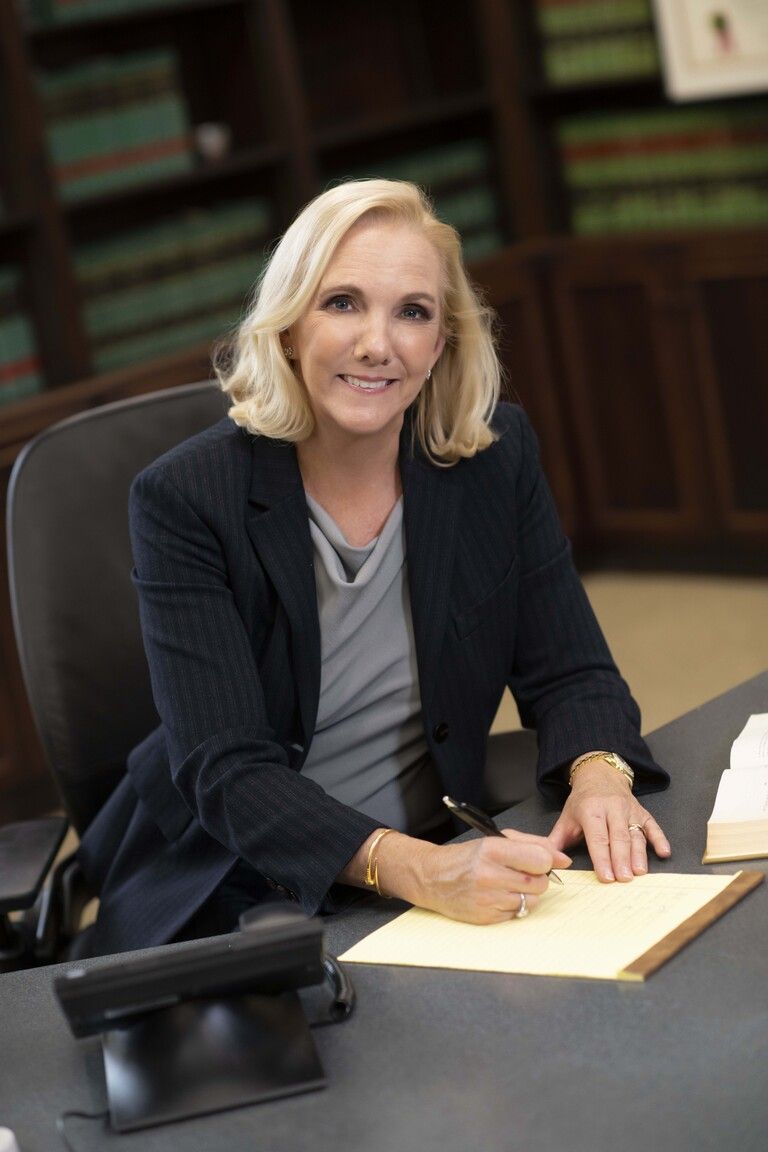
Hardly anyone disputes that doctors, nurses and health care providers have difficult, stressful jobs. They make mistakes. Sometimes, circumstances are outside of their control, and, despite their best efforts, patients die or suffer from terrible complications.
That is why it can be challenging to prove a medical malpractice claim in Indiana or Kentucky. The law is quite complex, and a successful medical malpractice case can take time. Do not believe, however, that it is impossible to recover the compensation that you deserve. You just need to ensure you have all elements of a medical malpractice claim.
What Makes a Successful Medical Malpractice Claim?
A successful medical malpractice claim must prove four things:
- The health care provider had a duty to provide care to you. This is signified by the doctor/patient relationship.
- There was a breach of duty in the care you received. You must prove that your provider failed to meet an acceptable standard of care. Typically, this is proven through the expert testimony of another doctor in the same field.
- There is a connection between the doctor failing to provide an acceptable standard of care and your injuries or the death of your loved one.
- You suffered injuries or a loved one died. Because medical malpractice cases can take a long time and require a large commitment of resources from your attorney, there typically needs to be a large amount of compensation at stake.
Proving the elements of a medical malpractice claim is complicated. We will delve deeper into each of these four factors to help you better understand how to build a successful medical malpractice claim.
Duty of Care
Proving duty of care is typically simple. If you’re a patient, the medical provider owes you a duty of care. There is no established doctor-patient relationship if you ask a doctor a medical question at a social event. In addition to doctors, other parties can owe you a duty of care, including:
- Emergency room departments and hospitals,
- Urgent care centers,
- Nurses and medical assistants, and
- Pharmacies.
If you have a procedure that requires anesthesia, the anesthesiologist also owes you a duty of care. Anyone performing medical services must act professionally and treat you to the best of their ability.
Breach of Duty of Care
Proving a breach of duty is the most challenging part of a medical malpractice claim. Medical professionals will not admit to mistakes, so you must show how their actions or inactions breached the duty of care. Some of the most common examples of breaching the duty of care include:
- Delayed diagnosis: When a doctor doesn’t diagnose your injury or illness in a timely manner, it can be a breach of duty resulting in further injuries.
- Misdiagnosis: A misdiagnosis can be deadly when a medical professional diagnoses you incorrectly. Someone with cancer who was misdiagnosed could lose out on months or years of life-saving treatment.
- Surgical mistakes: Mistakes during surgery are sadly relatively common. A surgeon might damage something during a procedure, conduct the wrong procedure, operate on the wrong part of the body, or leave a surgical supply inside your body.
It’s crucial to have a skilled medical malpractice lawyer on your side. Otherwise, you might fail to correctly identify and preserve evidence that shows how the medical provider breached the duty of care.
Causation
Medical providers are only liable for injuries that directly relate to a breach of professional duty. That means the defendant could be liable if their negligence caused you further injuries or illnesses. You cannot pursue compensation for unrelated health conditions or pre-existing conditions.
Damages
You could meet the requirements for the first three elements and still not have a successful medical malpractice claim without evidence of damages. Your damages refer to your losses. You must have sustained some type of financial loss, such as medical treatment or time missed from work. Potential damages include:
- Medical expenses and future medical treatment,
- Lost wages to date,
- Future loss of earning capacity,
- Pain and suffering,
- Mental anguish,
- Permanent disability,
- Disfigurement, and
- Loss of companionship.
The maximum amount of potential compensation you can collect will depend on which state your claim is from. Kentucky does not cap damages on medical malpractice lawsuits, but Indiana does have a cap on medical malpractice damages.
Believe You Have a Strong Medical Malpractice Claim? Talk To An Attorney at Gerling Law
You should never try to prove medical malpractice or negotiate a settlement on your own. Because there can be a great amount of damages at stake, health care systems invest a lot of money in defending themselves from malpractice claims.
An experienced medical malpractice attorney can discuss your case with you and help you determine the best way to proceed. This could mean negotiating a settlement or taking your case to trial if your attorney thinks that is the best way to maximize your compensation.
Additionally, if you think you have a claim for medical malpractice, do not speak with insurance adjusters about your case, and do not sign over any medical records without first talking to your attorney. Your lawyer should handle all interactions with the defense to protect your rights.
If you believe you have a viable medical malpractice case in Indiana or Kentucky, let us help. Contact Gerling Law’s skilled medical malpractice lawyers today to schedule an initial consultation. Let us review the facts of your case and help you determine the best course of action.
Remember, Go with Experience. Go with Gerling®

